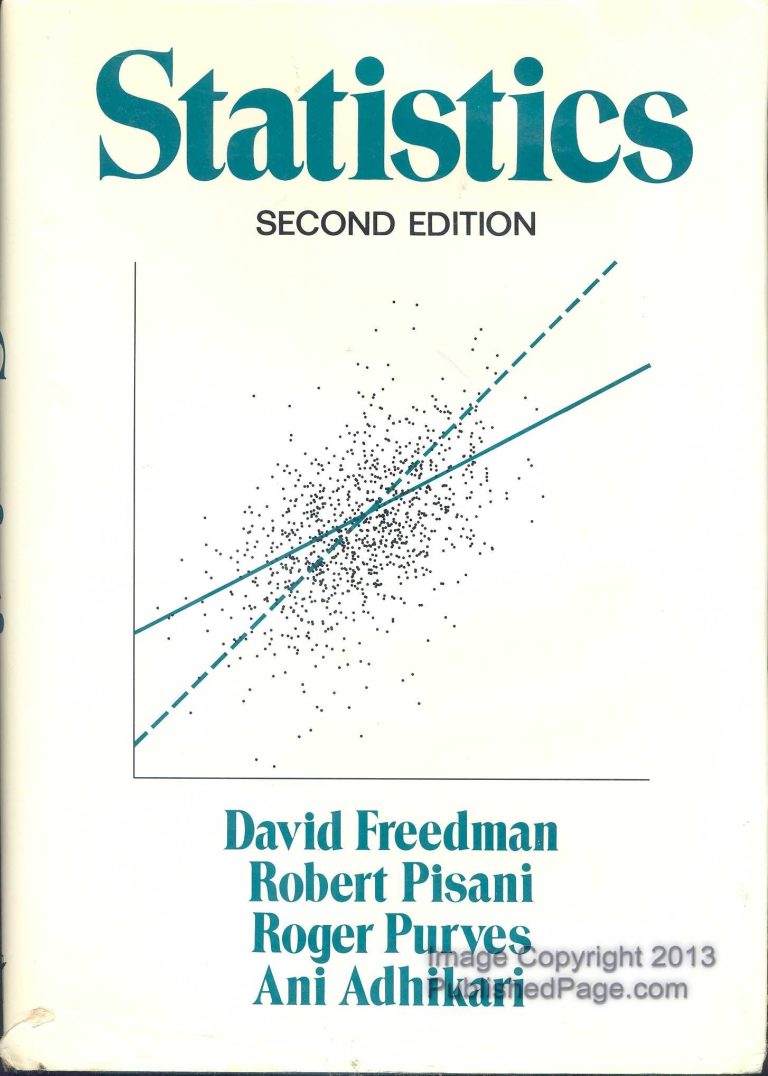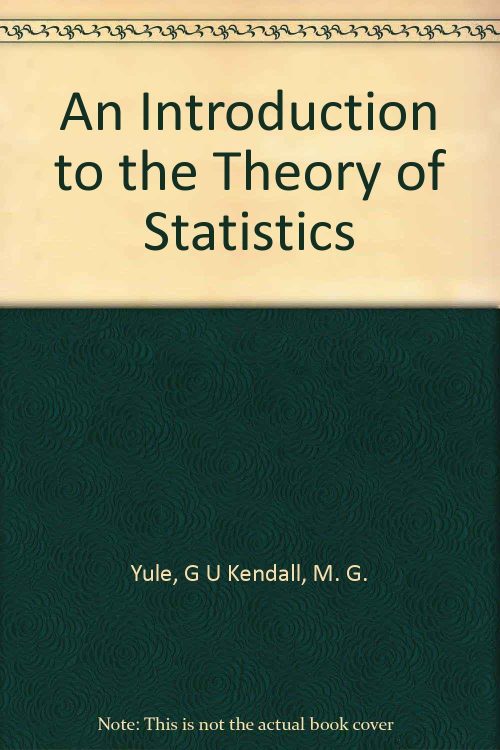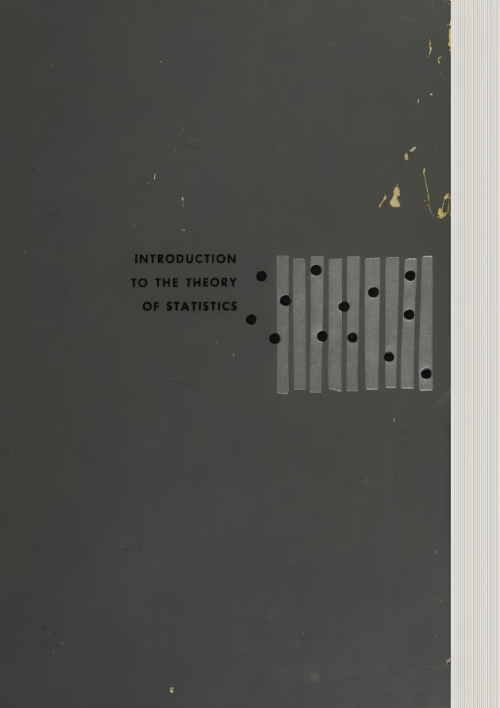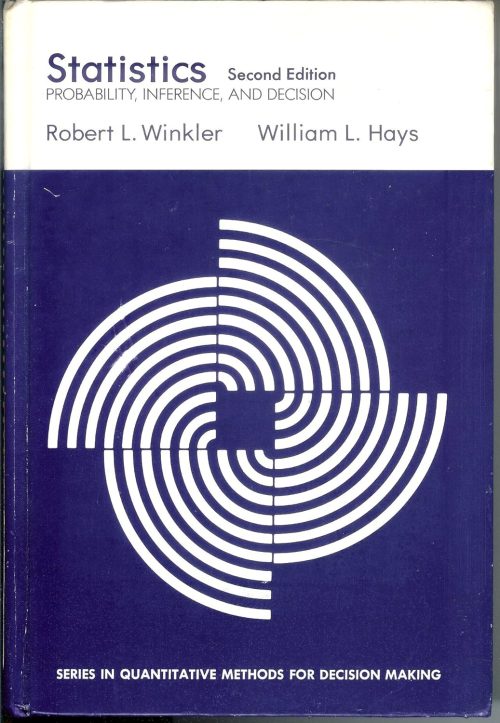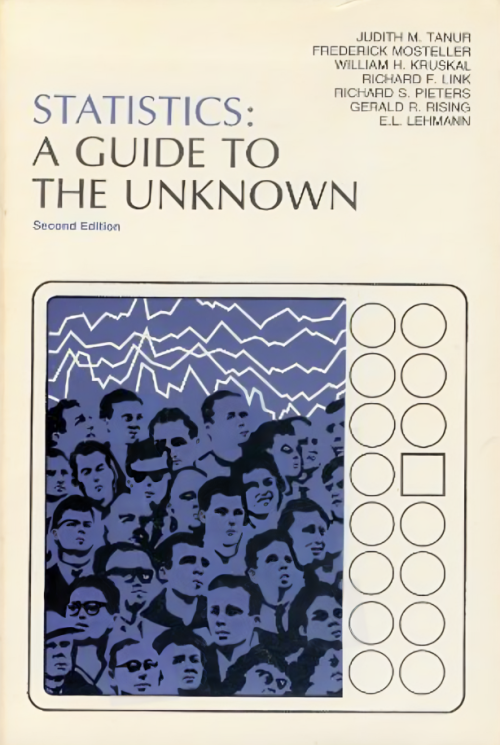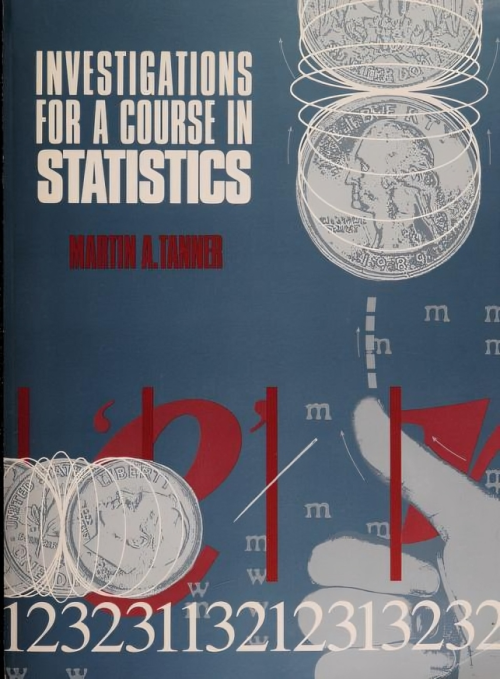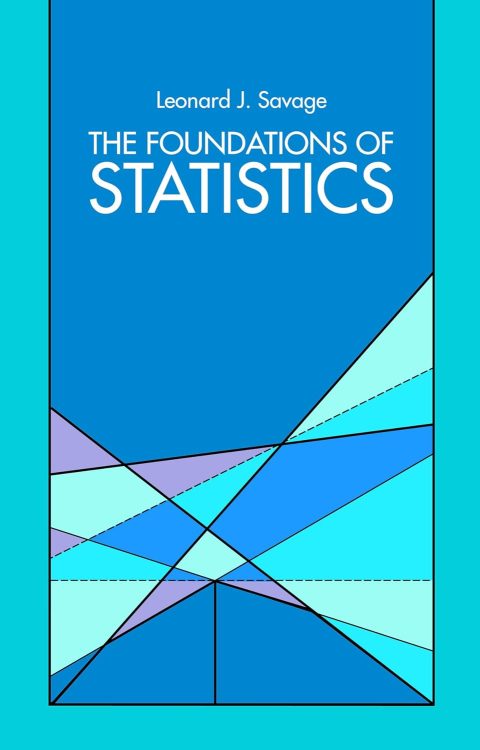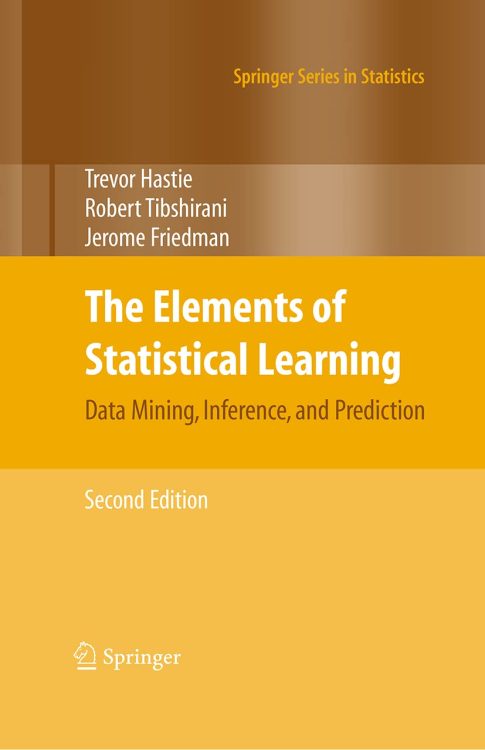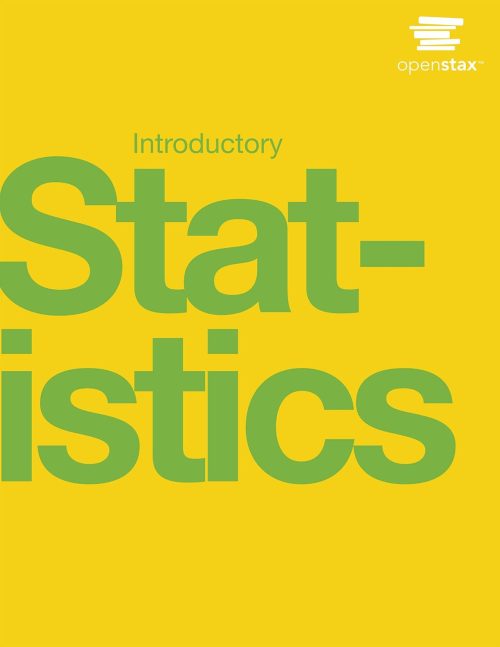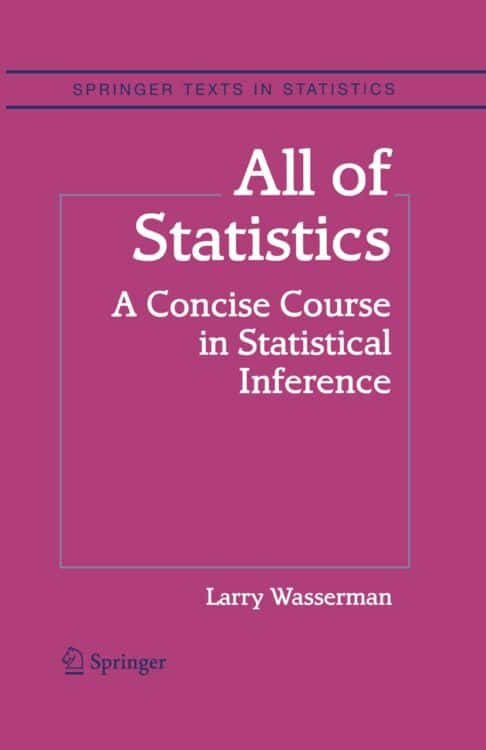Statistics by David Freedman is a clear and engaging introduction to the world of data.
When it comes to mathematics textbooks, it’s often a challenge to find one that strikes the right balance between clarity and complexity. However, Statistics by David Freedman manages to hit the mark, providing a refreshingly clear and easy-to-understand introduction to the subject.
While some may argue that the book is too simple, there’s a psychological aspect at play here. We tend to associate difficulty with quality, which can lead to under-appreciating something that is presented in a straightforward manner. Think of it like trying to rate a restaurant’s food based on how hard it is to read the menu. It’s a fascinating phenomenon worth considering.
But back to the book itself. Yes, the exercises may be a bit too easy, but that’s precisely what makes it an excellent starting point for anyone looking to delve into the world of statistics. All you need is a basic understanding of high school algebra, and Freedman takes it from there, guiding you through the concepts with ease.
What sets Statistics by David Freedman apart from others is its focus on the “why” behind the equations. It’s not just about mindlessly crunching numbers; Freedman teaches you how to critically analyze experimental design and data sets. You’ll learn how to identify flaws and patterns that deviate from the norm.
Looking ahead, I’m already eager to dive into Freedman’s more advanced textbook, “Statistical Models.” Pairing it with a standard college textbook on mathematical statistics, like Wasserman’s “All of Statistics,” seems like the perfect progression.
In summary, while any statistics book can teach you how to perform calculations, Statistics by David Freedman goes above and beyond. It not only equips you with the tools to analyze data but also teaches you when and how not to apply certain equations. It’s a must-read for anyone seeking a solid foundation in statistics.

